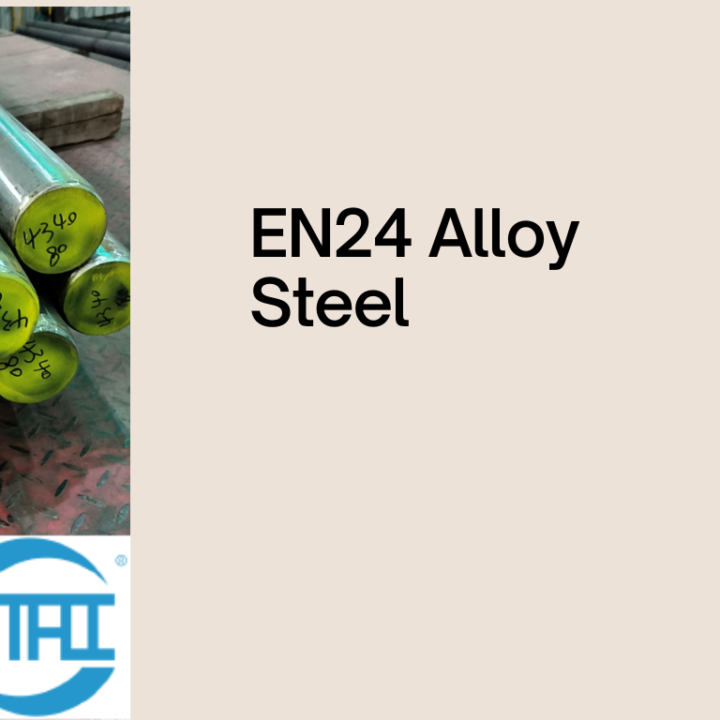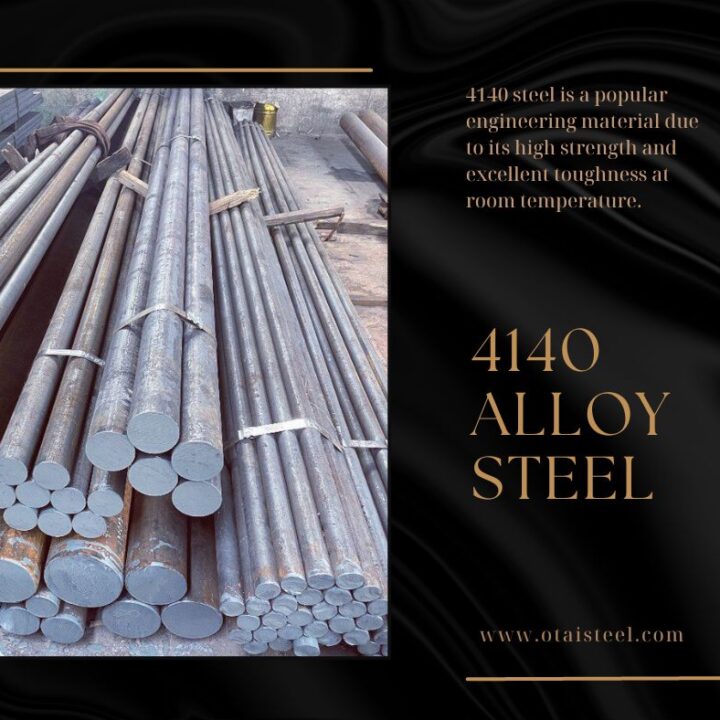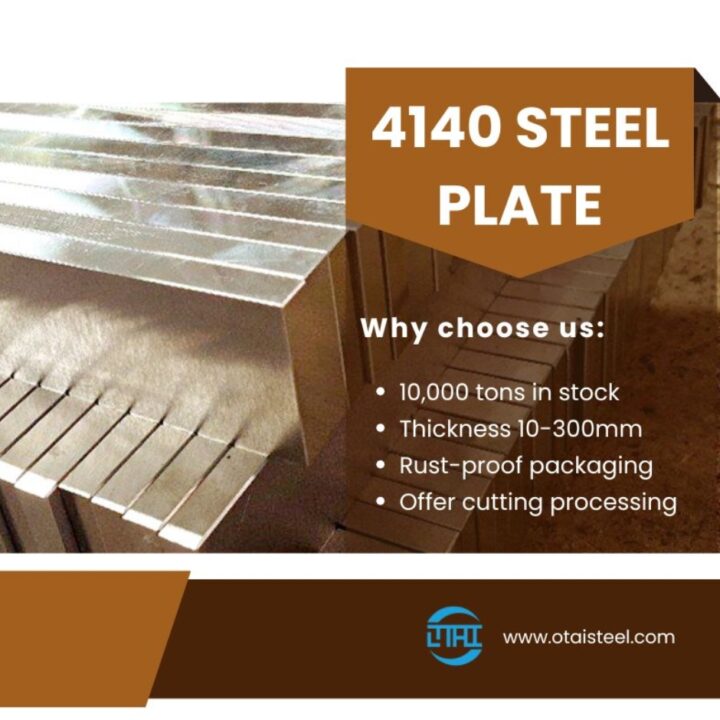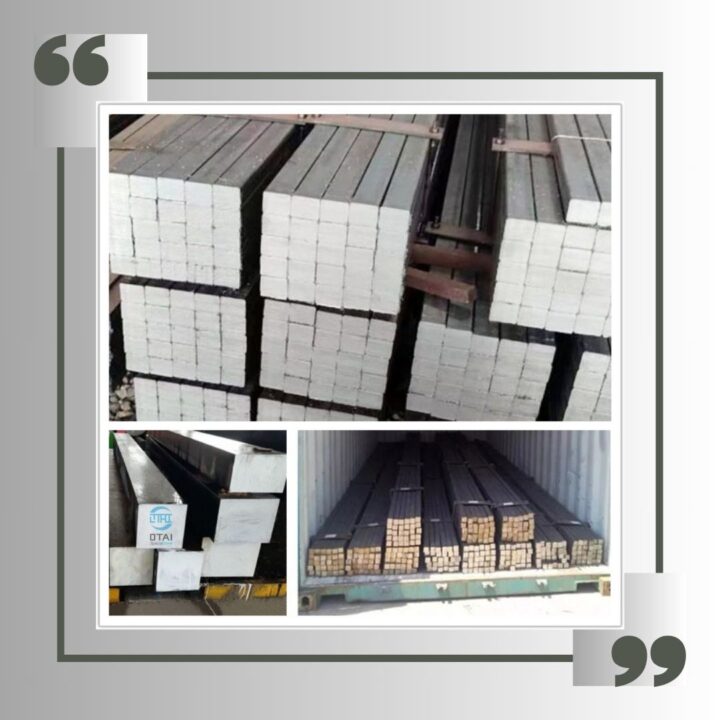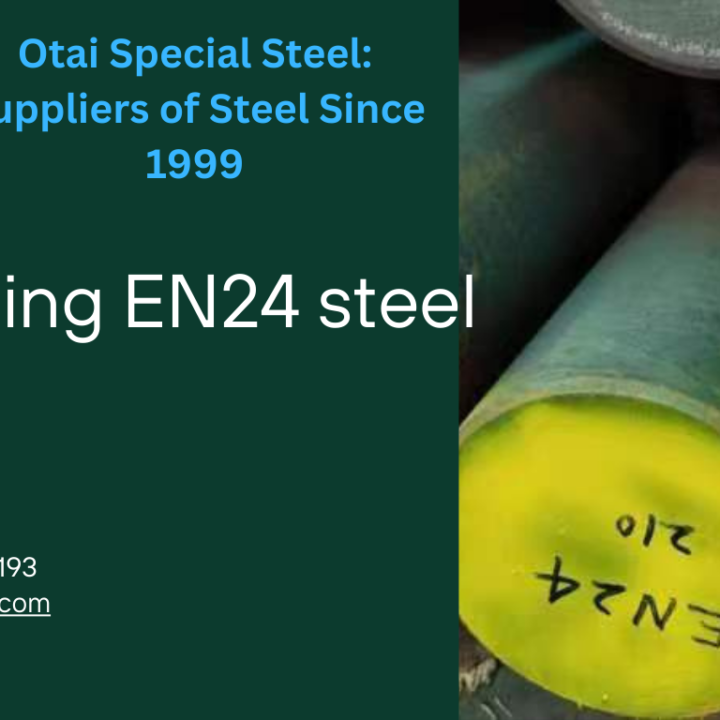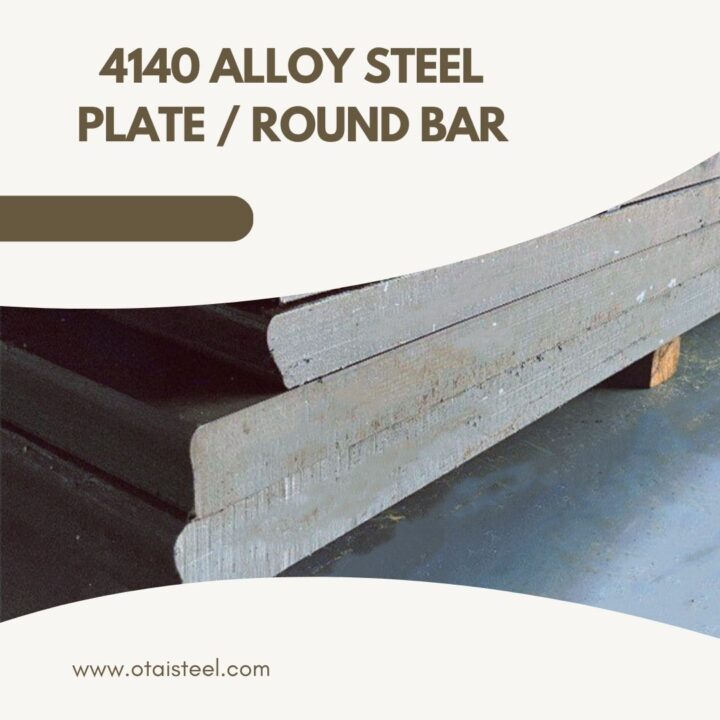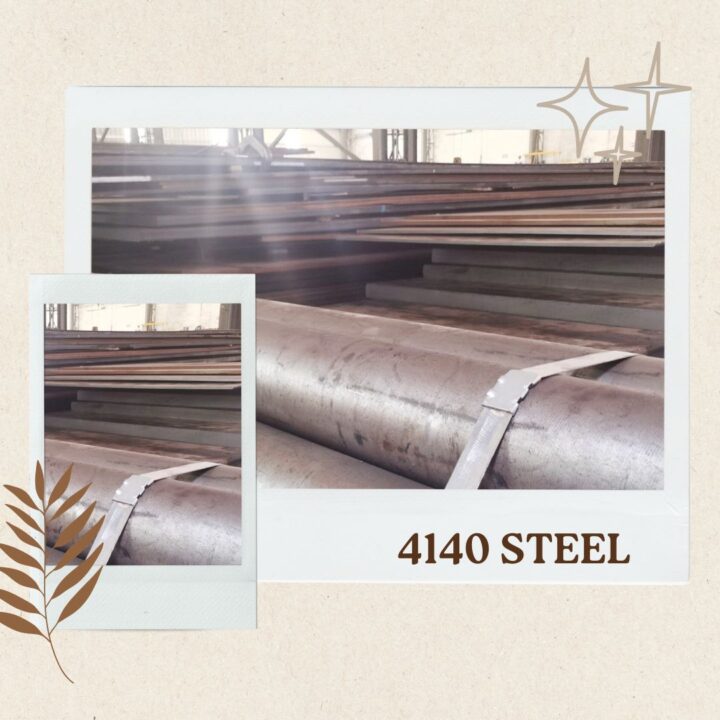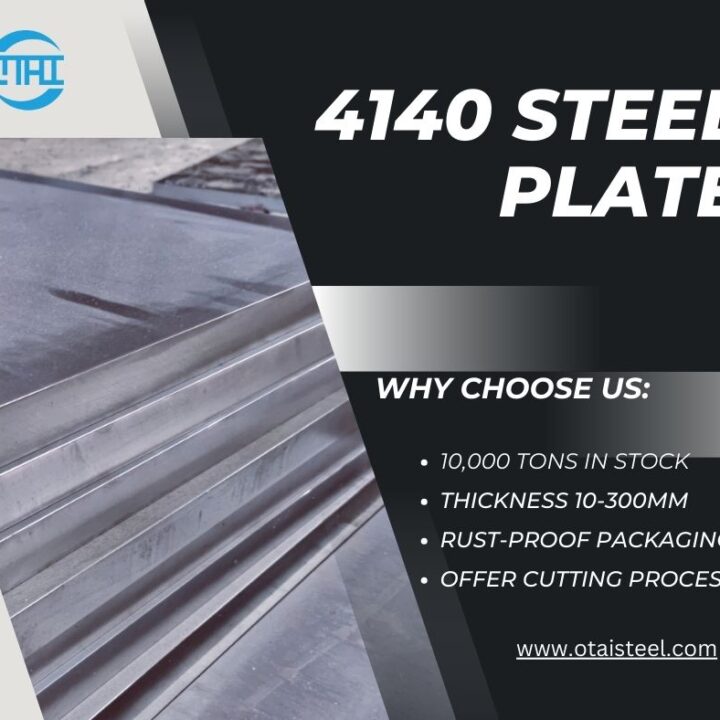The development of environmentally friendly surface coatings for improving the corrosion resistance of 4140 steel is an area of active research and innovation. Corrosion can significantly impact the performance and lifespan of 4140 steel components. It makes the development of effective and sustainable coating solutions crucial. Here are some key aspects related to this topic:
Environmental considerations
The development of environmentally friendly coatings focuses on reducing or eliminating the use of hazardous substances and minimizing the environmental impact during the coating process. This includes the selection of non-toxic or low-toxicity coating materials, the use of eco-friendly solvents. And adherence to sustainability principles throughout the coating lifecycle.
Corrosion protection
The primary objective of surface coatings is to provide an effective barrier against corrosion, protecting the underlying 4140 steel from degradation in corrosive environments. The development of environmentally friendly coatings aims to achieve this corrosion protection while minimizing the environmental impact associated with traditional coating materials.
Thin film coatings
Thin film coatings, such as organic coatings and polymer-based coatings, are commonly used to improve the corrosion resistance of 4140 steel. The development of environmentally friendly alternatives focuses on optimizing the composition and properties of these thin film coatings to enhance their corrosion protection capabilities while minimizing their environmental footprint.
Sustainable coating application methods
In addition to the coating materials themselves, the development of environmentally friendly coatings also considers sustainable coating application methods. This includes the use of efficient coating processes. Such as spray coating or electrodeposition, that minimize waste generation and energy consumption.
Performance testing and validation
The development of environmentally friendly coatings for 4140 steel involves rigorous performance testing and validation. This includes evaluating the coatings’ corrosion resistance using standardized testing methods. Such as salt spray testing or electrochemical techniques, to ensure their effectiveness in real-world applications.
By focusing on the development of environmentally friendly surface coatings, researchers and engineers aim to enhance the corrosion resistance of 4140 steel. It minimizes the environmental impact associated with traditional coating materials and processes. This contributes to the sustainability and long-term durability of 4140 steel components in various industries, including automotive, construction, and manufacturing.
